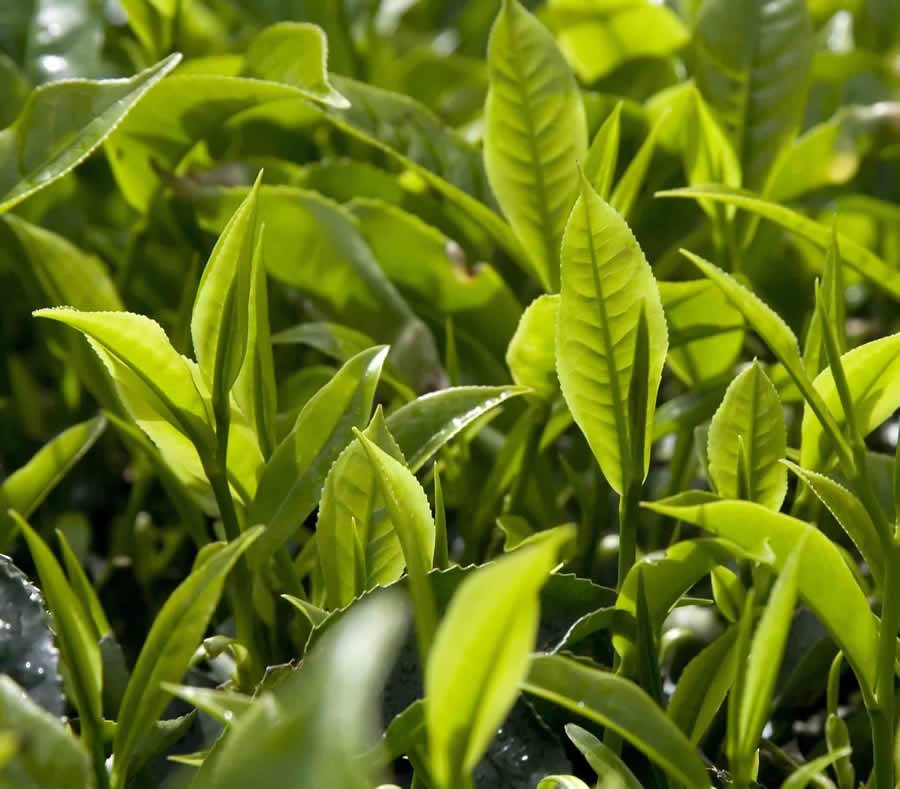 ONE BIOSPHERE
ONE BIOSPHERE 
| |
|
|||


ENVIRONMENTAL FORUM
You can do your part to sustain our Biosphere's most fragile environments for humans, animals and the environment.
Please join us and become a One Biosphere member today.
Organic and Free Trade Products
Organic Products
The term "organic" was coined to represent products, initially foods, that are produced without using synthetic pesticides, fertilizers or herbicides. Today, we need to distinguish "processed" foods and "organic" foods. The nutritional value of non-organic foods has diminished. Fruits and vegetables contain chemicals that our bodies were not intended to consume.We should bear in mind the rise in cancer rates and heart disease caused by unhealthy lifestyles. By adopting healthier lifestyle choices through consumption of organic products, it is possible to actively pursue a more natural way of maintaining our health.
Today, conventional farming methods require the use of pesticides to ensure a uniform appearance and shelf-life longevity. However, scientific study has revealed that the majority of the most commonly used pesticides in conventional agriculture are carcinogenic. The National Academy of Sciences has undertaken studies regarding the number of pesticide related cancer deaths on an annual basis.
Pesticides and herbicides deteriorate our water supply. According to the Environmental Protection Agency (EPA) pesticides contaminate the groundwater in the vast majority of states. In short, over half of the American waterways, our primary drinking water sources, are filled with harmful pollutants. The toxic chemicals enter our water supply and are absorbed by our soils which lose their nutrient levels and erode rapidly. On the other hand, organic practices are intended to protect the quality of the soil in order to maintain self-sustaining nutrient levels and soil stability.
Organic farms require substantial work to produce organic products. Generally, organic farms are operated by families on farms having less than 100 acres. The soil and water supply maintains a balanced, natural ecosystem state. The U.S. food and beverage market is increasingly relying upon the benefits of organic foods and beverages.
The estimated annual growth rate of organic foods and beverages has been increasing between 20-24 percent each year since 1998 and is expected to continue to grow at this rate for several more years.
As a result of the increase in obesity, cancer or heart disease in the past twenty years or simply due to an elevation in consiousness, our society has been moving steadily towards creating a more healthy lifestyle for our families.
Carbon Offset
We have taken a variety of measures to minimize our role in global climate change. For example, through our store, we offer organic coffees and teas, greener packaging, eco-shipping options, using green energy. Notwithstanding these actions, our activities generate a certain amount of carbon emissions that are unavoidable presently. Accordingly, we support carbon-reducing projects such as renewable energy, energy efficiency and reforestation projects.Fair Trade & Environmental Sustainability
Fair trade is an organized social movement and market-based approach to empowering producers in developing countries and promoting environmental sustainability. This movement advocates the payment of a fair price as well as social and environmental standards in areas related to the production of a wide variety of goods. In particular, it focuses on exports from developing countries to developed countries, including coffee, cocoa, sugar, tea, bananas, honey, handicrafts, wine, cotton, fresh fruit and flowers.The goal of Fair Trade is to work closely with marginalized producers and workers in order to help them escape their vulnerable status to gain economic self-sufficiency and security. It empowers them to become stakeholders in their own organizations and to actively play a significant role in the global economy to achieve fairness in international trade. Fair trade proponents include a wide assortment of international development aid, social, religious and environmental organizations. including One Biosphere and many others.
In 2007, Fair trade certified worldwide sales amounted to U.S. $3.6 billion, a 47% increase over 2006. This is a fraction of world merchandise trade, however fair trade products account for 1-20% of all sales in their product categories in North America and Europe. By June 2008, it was estimated that over 7.5 million disadvantaged manufacturers and their families have benefited from fair trade sponsored infrastructure, technical assistance and community development projects.
We, at One Biosphere, are committed to advancing this wide ranging kinship and community action movement for its dual social and environmental benefits. In that connection, through our partners, we offer products that benefit the disadvantaged groups in the movement.
Fair Trade Products
We offer high-quality, environmentally and socially conscious products through our partners. Our online store permits them to provide you with an affordable and convenient means to obtain high quality organic and Free Trade Products.We proudly offer organic coffees and teas certified to the standards of the USDA National Organic Program. Not all coffees and teas are Fair Trade for 2 reasons. First, the Fair Trade movement in the coffee and tea industries is still growing, and many authentic varieties remain unavailable in a Fair Trade Certified(r) form. We search for new Fair Trade Certified(r) products meeting our standards and will add them as they become available. Secondly, it is important to note that because Fair Trade focuses on the developing world, Japan has prevailing fair market and labor conditions already in place so that Japanese teas are not sold under the Fair Trade Certified(r) label. If a "Japanese" tea carries the Fair Trade Certified(r) logo, it is very likely grown in a developing country.
We have a responsibility to support a higher standard of living and a sustainable future for the farmers who grow these wonderful products. For this reason, One Biosphere has committed itself to offering only Fair Trade Certified (r) loose leaf teas and we celebrate the Fair Trade Certified (r) Countries from which they originate.
Small scale coffee and tea farmers put great energy and commitment into growing and producing coffee and tea because the Fair Trade designation is used to improve their living conditions and to benefit their children's education. They enthusiastically support Fair Trade.
Organic & Fair Trade Coffee Samplers
One Biosphere is pleased to offer a healthy sampling of our fine Organic & Fair Trade classic coffees through our partners. Fair Trade coffee ensures that the coffee farmer gets a fair price for their harvests so they can achieve a decent living wage. Their children can obtain an education and they can enjoy a better life with their families. These coffees are also grown organically for the health conscious coffee drinker and the health of our biosphere.
We include a sampling of 5 from your favorite coffees below. Each whole-bean sample bags are 1/2 lb:
Sumatra Gayoland (Organic & Fair Trade Certified);
Guatemala HB Huehuetenango (Organic & Fair Trade Certified);
Ethiopian Harrar (Organic & Fair Trade Certified);
Nicaraguan SHG (Organic & Fair Trade Certified);
Mexican Chiapas, FT Espresso Blend (Organic & Fair Trade Certified);
Colombian (Organic & Fair Trade Certified);
French Colombian (Organic & Fair Trade Certified).
Dark Sumatra Gayoland (Organic& Fair Trade Certified);
Costa Rican La Amistad (Organic);
Expresso Blend (Fair Trade Certified).
Note: No substitutions allowed. Assortments may change without notice due to availability of product.
Your membership will also help advance environmentally and socially conscious products and improve the lives of small farmers who are helping make our biosphere sustainable.
Our partners offer Organic and Fair Trade products
One Biosphere is pleased to offer a healthy sampling of Organic & Fair Trade classic teas through our partners.
We include a sampling of 5 from your favorite teas below. Each bag of loose leaf tea weighs 5 oz.:
Dragonwell Lung Ching Green Tea (Organic & Fair Trade Certified);
Gunpowder Green Tea #1 (Organic & Fair Trade Certified);
Jasmine Green Tea (Organic);
Lapsang Souchong Black Tea (Organic);
Sencha Green Tea (Organic);
Genmaicha Green Tea (Organic);
Ceylon Black Tea (Organic & Fair Trade Certified);
Rooibos (Organic & Fair Trade Certified);
Earl Grey (Organic & Fair Trade Certified);
English Breakfast (Organic & Fair Trade Certified);
Spiced Chai (Organic & Fair Trade Certified);
Oolong (Organic & Fair Trade Certified);
Sakura (Organic);
Peach Rooibos (Organic & Fair Trade Certified).
Your membership will also help advance environmentally and socially conscious products and improve the lives of small farmers who are helping make our biosphere sustainable. Our partners offer Organic and Fair Trade products.

CONTACT US:

![]() Our Email: one@onebiosphere.com
Our Email: one@onebiosphere.com